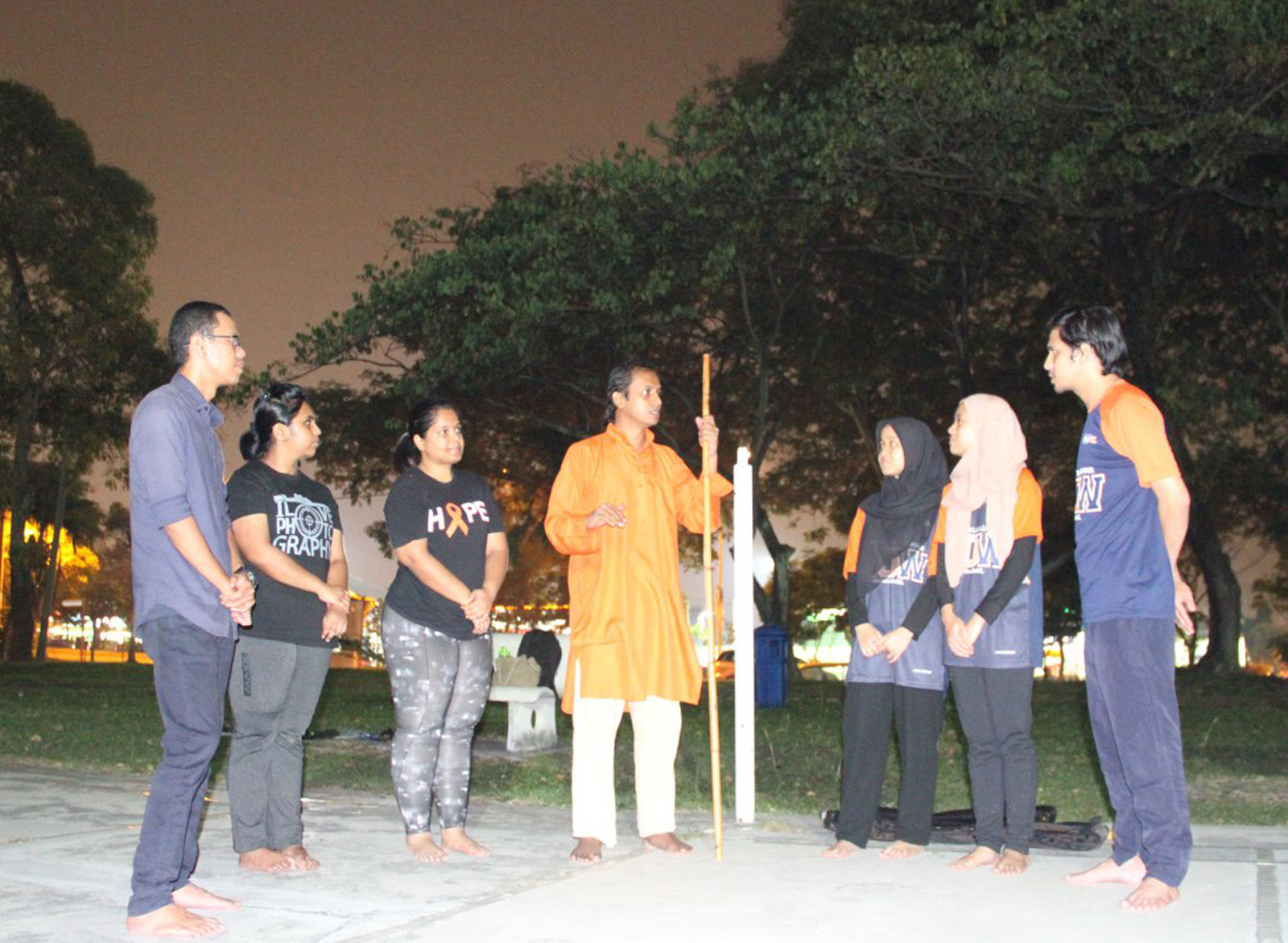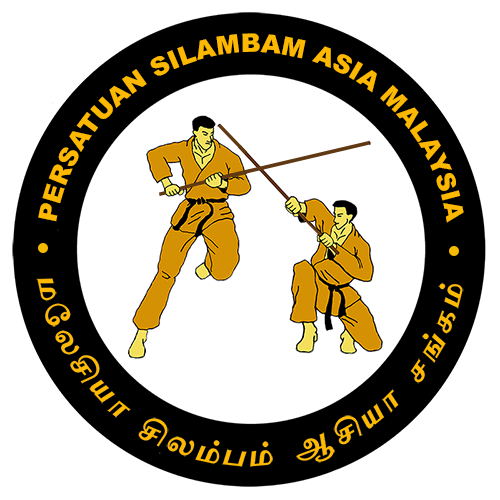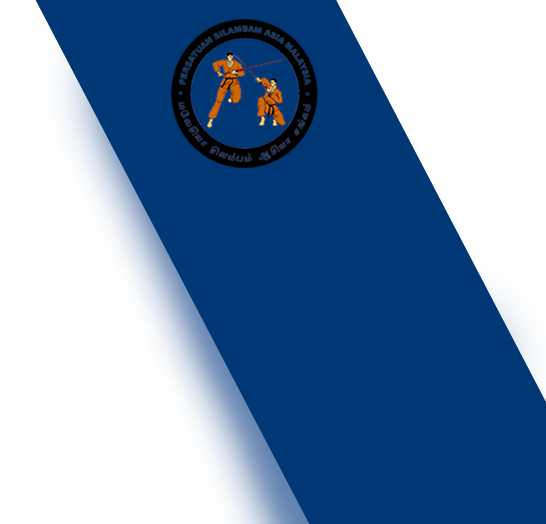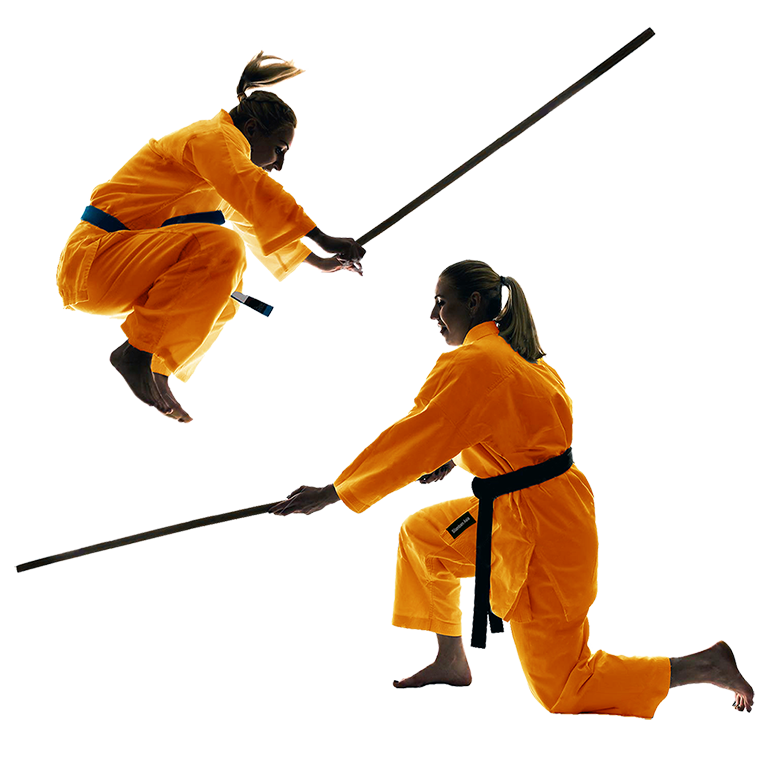
Varma Kalai
Published: 18 April 2025 by Guruji Murugan Chillayah
Varma Kalai, translating to "art of vital points," is a traditional Tamil system that blends martial arts with therapeutic practices. It focuses on the body's pressure points (varmam), which can be manipulated for healing or incapacitation. This dual nature makes Varma Kalai both a defensive art and a holistic healing modality.
Practitioners learn to identify and target specific points to control an opponent or alleviate ailments. The knowledge requires precise technique and a deep understanding of human anatomy. In its healing aspect, Varma Kalai aligns with Siddha medicine, promoting balance and wellness.
Training in Varma Kalai cultivates heightened body awareness, sensitivity, and control. The art demands ethical responsibility, as the techniques can cause harm if misused. Therefore, practitioners are taught to approach the discipline with respect and integrity.
For those interested in a martial art that encompasses both combat efficiency and therapeutic knowledge, Varma Kalai offers a unique and profound practice. Its integration of physical, mental, and spiritual elements provides a comprehensive path to mastery.
Engaging with these traditional arts offers more than physical skills; they provide avenues for personal growth, cultural connection, and holistic well-being. Whether seeking fitness, self-defense, or inner peace, each discipline presents a rich and rewarding journey.
Frequently asked questions
Silambam is a traditional Indian martial art emphasizing rattan or bamboo staff techniques, other Indian traditional weapons, and dynamic footwork.
Yes, Silambam welcomes beginners, starting with foundational footwork, unarmed practices (Kuttu Varisai), and basic staff handling techniques.
Practicing Silambam enhances flexibility, cardiovascular endurance, coordination, and overall physical fitness levels.
Yes, students can engage in local and international tournaments and cultural performance events.
Progression varies; each belt level generally requires 3–6 months of consistent training.






